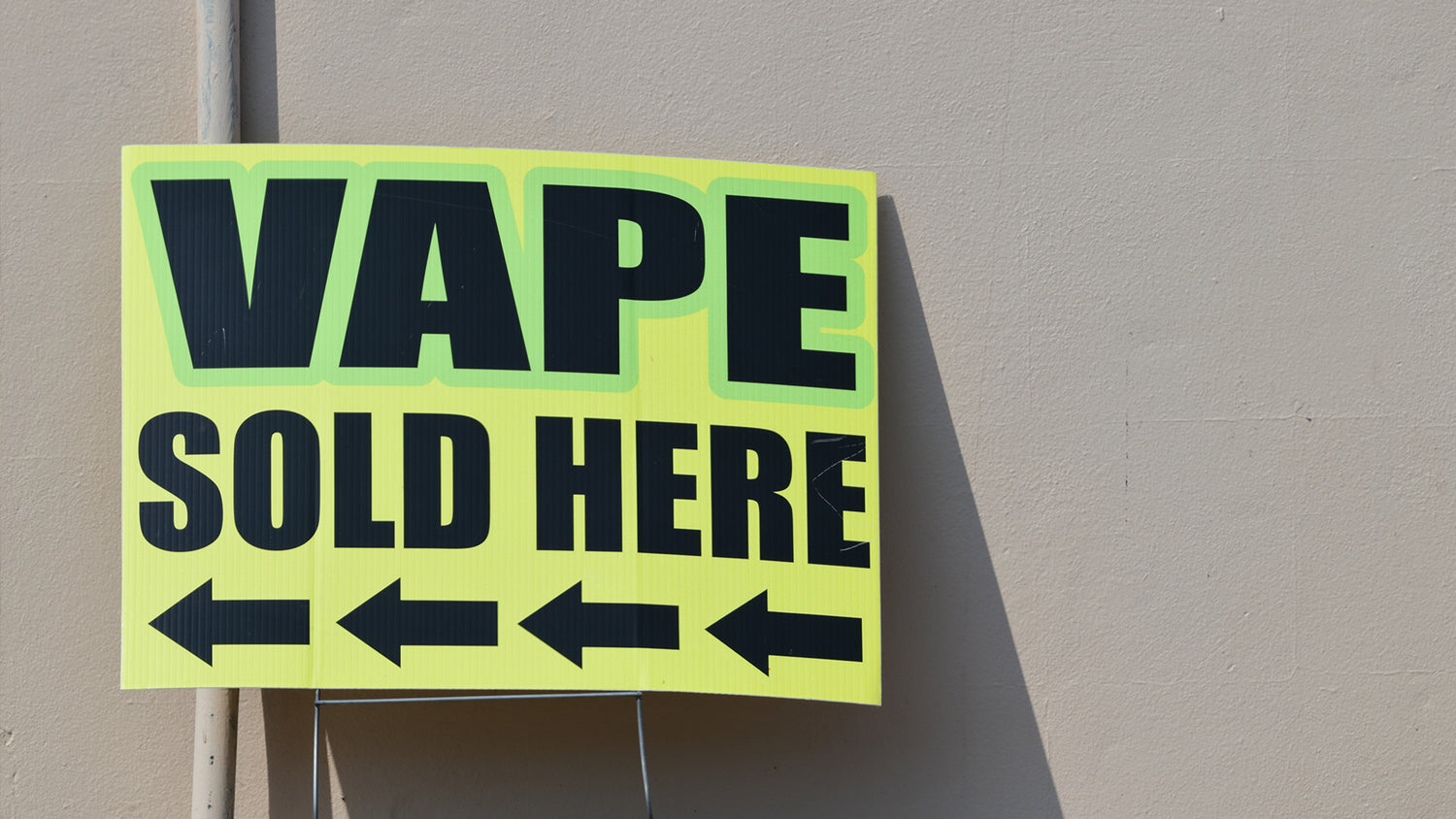HB 513, one of the bills that may be a slight break for vape sellers, has passed. Described as a “tax deduction for cigarette wholesalers when retailers fail to pay”, this may be one of the few pieces of legislation that doesn’t leave vapers unhappy with the law.
Recap: What does this bill do?
As stated above, the majority of the bill focuses on taxes and how to cope with debts from uncollected tobacco taxes. Ohio is one of the states that taxes e liquids at a fairly high rate - 10 cents per milliliter of juice. That tax adds up quickly, and with a tax that high, there is incentive to start finding ways around the tax. One way that may have been done is through lack of clarity as to who pays the tax. When e liquid is sold from wholesale to retailers, there should be tax collected, but with lack of communication, it may not be clear who is responsible for this large tax.
Most of the bill deals with how to handle those taxes, particularly if they have not been paid. However, the taxation part is not the part that concerns vapers - it is the part of HB513 described by Ohio Capital Journal as “A late amendment tacked on prohibitions for local tobacco regulations.” The relevant parts of the bill are as follows:
“No political subdivision may enact, adopt, renew, maintain, enforce, or continue in existence any charter provision, ordinance, resolution, rule, or other measure that conflicts with or preempts any policy of the state regarding the regulation of tobacco products or alternative nicotine products.”
What happens now?
The reason this HB513 was referred to as a preemption bill was because the bill prevents any regulations that are more stringent than state tobacco laws from taking precedence. Currently, there are two main cities that would come into conflict with this bill. Since HB513 is a state law and the others are city laws, state law would take precedence over the bans. The fact that HB513 conflicts with those laws is what attracted attention in the first place.
Columbus is a city in Ohio that has banned all flavored tobacco products - a ban that is stricter than the FDA allowed products. Columbus’s ban was set to start in January 2024, but is likely not to come into effect due to the passing of HB513. Toledo is another city that has a ban on flavored cartridges. That ban is also in conflict with HB513.
Though law and its application are two different things, HB513 passing is one of the more positive pieces of legislation concerning vapers for a long time.
References:
What will DeWine sign? Lawmakers passed more than 30 bills on last day of session



Leave a comment
All comments are moderated before being published.
This site is protected by hCaptcha and the hCaptcha Privacy Policy and Terms of Service apply.